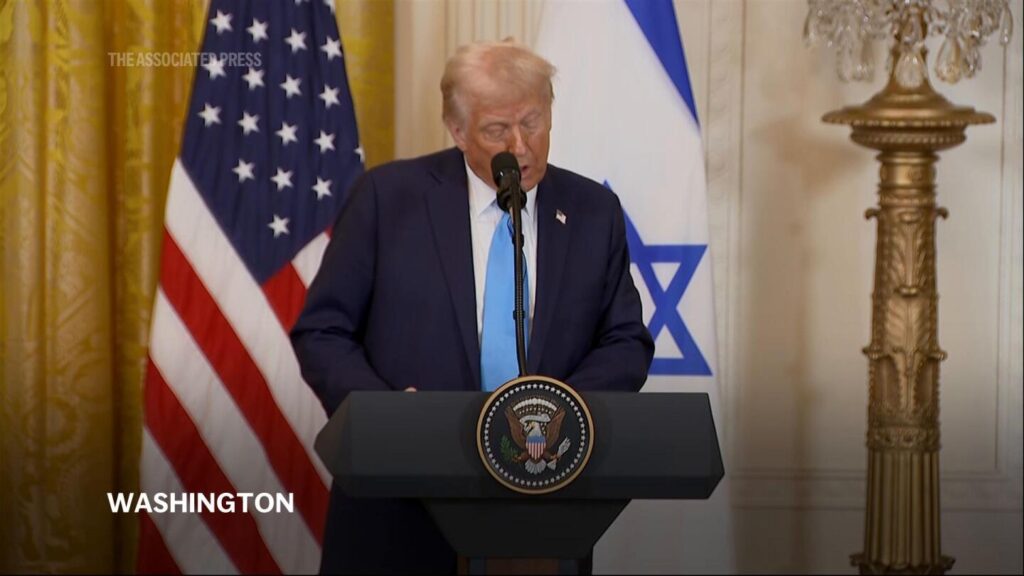US President Donald Trump has proposed a controversial plan for the Gaza Strip, suggesting that the U.S. should assume ownership of the territory and undertake its redevelopment. The plan involves resettling the Palestinian population in other countries as part of this initiative. This bold proposal has sparked widespread debate and raised significant questions about the feasibility and implications of such a move.
Trump’s idea to take control of Gaza and pursue its revitalization represents a significant departure from traditional approaches to the Israeli-Palestinian conflict. By advocating for the relocation of Palestinians to other nations, the plan introduces a new dynamic to the longstanding territorial disputes in the region. The potential political, social, and humanitarian ramifications of this proposal have generated mixed reactions from various stakeholders and observers.
Critics have raised concerns about the practicality and ethical considerations of forcibly relocating an entire population, highlighting the complexities and sensitivities involved in such a drastic measure. The proposal has also reignited discussions about the broader Middle East peace process and the role of the United States in facilitating a resolution to the conflict.
As Trump’s vision for the Gaza Strip continues to provoke debate and scrutiny, its long-term implications remain uncertain. The proposal underscores the complexities of addressing the Israeli-Palestinian conflict and the challenges of proposing unconventional solutions to deeply entrenched geopolitical issues.

